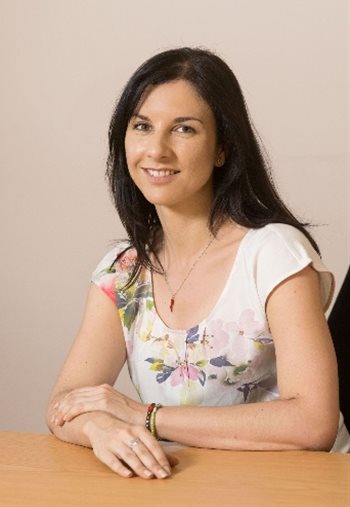From climate change to equality of access to opportunity and skills development, environmental, social and governance (ESG) is the criteria against which companies are measured and expected to operate. On a more superficial scale, ESG is an indicator for environmentally and socially conscious investors. More importantly, however, ESG reflects a company's attitude and responsibility when it comes to some of the world's biggest challenges - or it should.

Janavi da Silva, Director of programmes at GreenMatter Fellowship. | Source: Supplied.
This is of course not the case across the board and I am hesitant to potentially paint the entire private sector with a green-washing brush. However, all too often, ESG is a tick-box exercise that exists for the sake of compliance or that is motivated by the bottom line. To walk the talk, ESG must become the all-encompassing ethos of every company that purports to operate responsibly and ethically, from an environmental and social standpoint.
This includes but is not limited to empowering the next generation of environmental advocates with the skills, aptitude and confidence to become custodians of South Africa’s natural heritage. Nurturing environmentally-focused newcomers in all industries, not merely the green sector, to take over from current leadership once they move to retirement, is the key to ensuring that ESG is an authentic and meaningful practice from the top down instead of an afterthought or superficial exercise.
Skills development, mentoring and knowledge-sharing are crucial in succession planning processes. However, succession planning does not always happen in the spirit it should. This is the case for a variety of reasons - mentorship and skills transfer are a considerable investment of time and resources, and leaders may not always view this as an important or effective use of their day. There is also the unfortunate reality of bias, where one candidate is favoured over the other for reasons related to race, ethnicity or background, for example.
Without proper succession planning, graduates entering the fray are plunged into the deep end and left ill-equipped to take the proverbial baton and run with it. They can’t execute all the innovative ideas and creative solutions they may bring with them, as they don’t have the foundational knowledge to work from.
Being cognisant of the socio-political circumstances graduates face “is crucial”
I asked Aphiwe Moshani, who I have had the privilege of meeting through our Nedbank GreenMatter Fellowship programme, for some insights from her perspective as a young graduate entering the corporate sector.
“Young people are passionate about their environmental field of expertise and come into these positions with fresh perspective, determined to make a real difference. It just seems that for many who enter the corporate system, they are too often placed ‘in a box’ where they don’t have the opportunity to develop their creative thinking, and they’re given this small cubicle to conduct critically important work such as Environmental Impact Assessments (EIAs), and many mundane tasks, for the rest of their time with the company.
“One may have so many ideas, but there’s little room for innovation or creativity. Things are done how they have always been done,” she says.
Moshani is a PhD student at UCT studying environmental geographical science with a focus on environmental and marine governance. She is just one of thousands of other incredibly talented young graduates hungry for the opportunity to make meaningful, valuable contributions within her field.
Being cognisant of the socio-political circumstances that graduates face post university, as Moshani rightfully points out, is also crucial. Without adequate understanding of the context that the next generation of industry entrants find themselves and the need for them to feel empowered to hone their critical thinking and creative skillsets, the corporate sector remains out of touch and, as such, unable to adapt to the evolving world outside its doors.
Through a deeper and more meaningful focus on ESG and succession planning, corporate South Africa can make a real and meaningful difference. By bridging the gap between what is historically viewed as a tick box exercise, and the youth who are inspired and equipped to make it an innovative and value adding component of any organisation.
The future of work is flatter hierarchies, collective input and a stronger focus on the youth. Flipping the script and allowing the two to meet with proper inclusion into the workplace for the youth as well as a way to tap into the collective genius of the youth and their innovative ideas. An authentic approach to ESG frameworks and their role in succession planning ensures corporate South Africa is not only addressing the country’s carbon footprint, but that the next generation of environmental advocates are prepared to handle the challenges that come with creating a truly sustainable future for South Africa’s biodiversity.






































